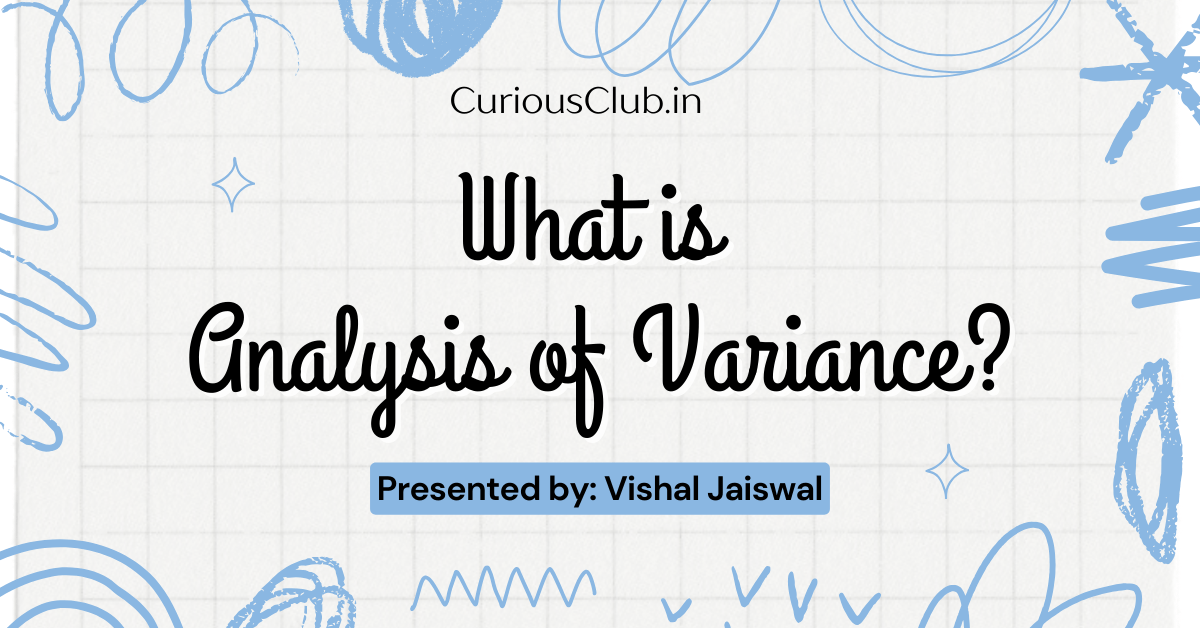ANOVA Analysis of Variance Explained
What is ANOVA Analysis of Variance? ANOVA Analysis of Variance is a statistical technique used to compare the means of two or more groups to determine if there is a statistically significant difference among them. ANOVA assesses whether the means of different groups are significantly different from each other by examining the variance within each … Read more
